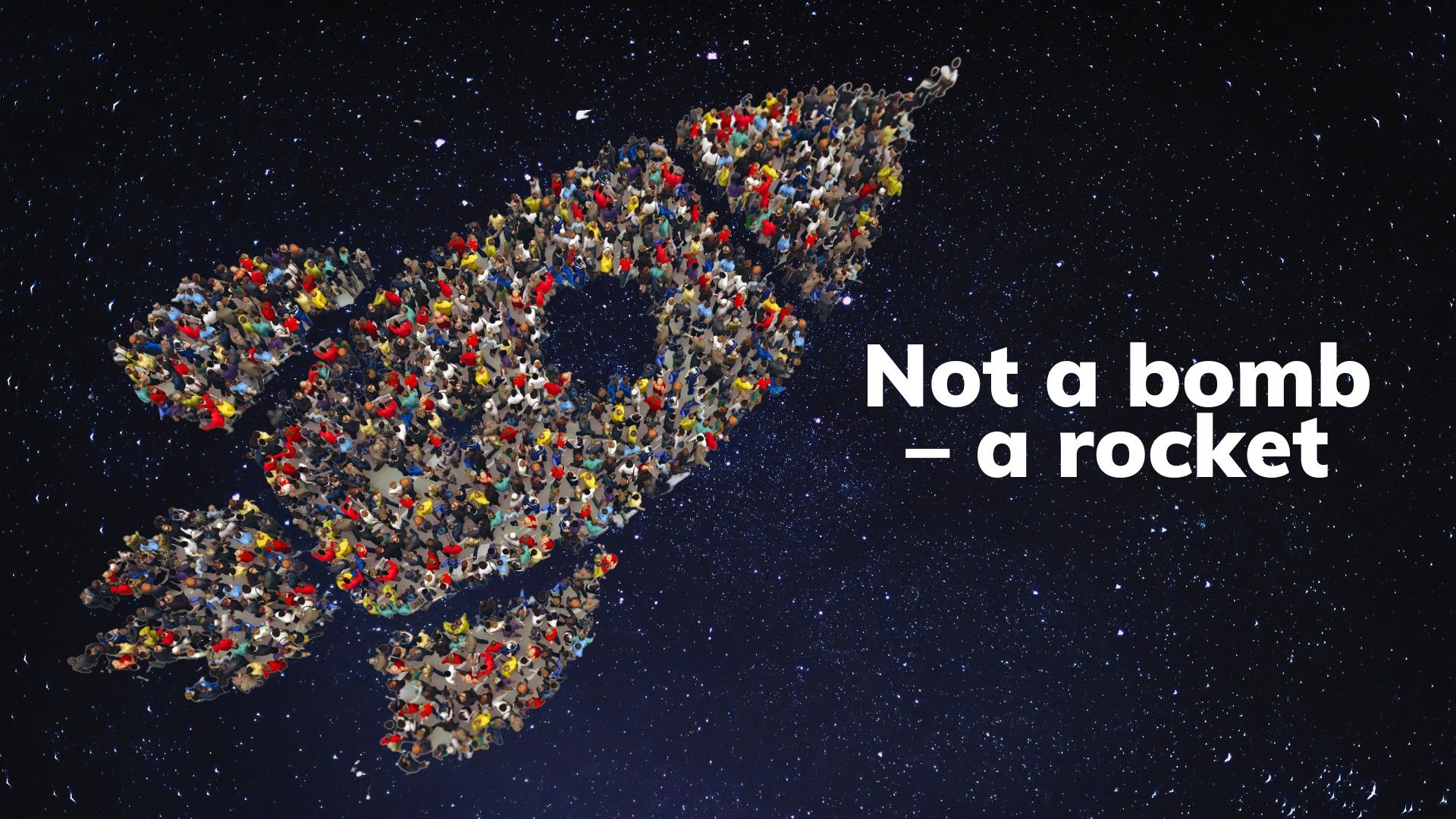
🤴 Lord of the Pessimists: Paul Ehrlich
Paul Ehrlich calls himself an eternal optimist, but he is the greatest pessimist of our time. Because he makes the most common and serious mistake that pessimists make.
Share this story!
"The battle to feed all of humanity is over," wrote Paul and Anne Ehrlich in The Population Bomb in 1968.
They continued:
"In the 1970s hundreds of millions of people will starve to death in spite of any crash programs embarked upon now. At this late date nothing can prevent a substantial increase in the world death rate..."
The Population Bomb sold over two million copies and became one of the most influential books of its time.
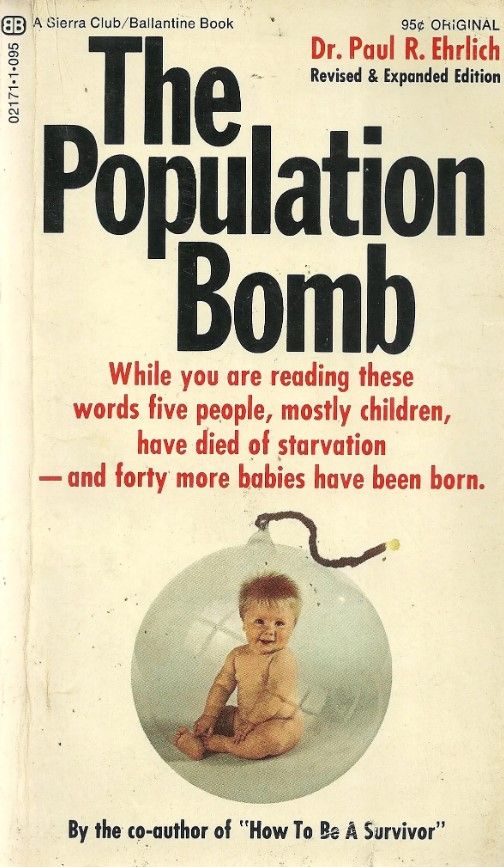
So, what happened? In the 1970s, a new era for humanity began, with significantly fewer people dying from starvation.
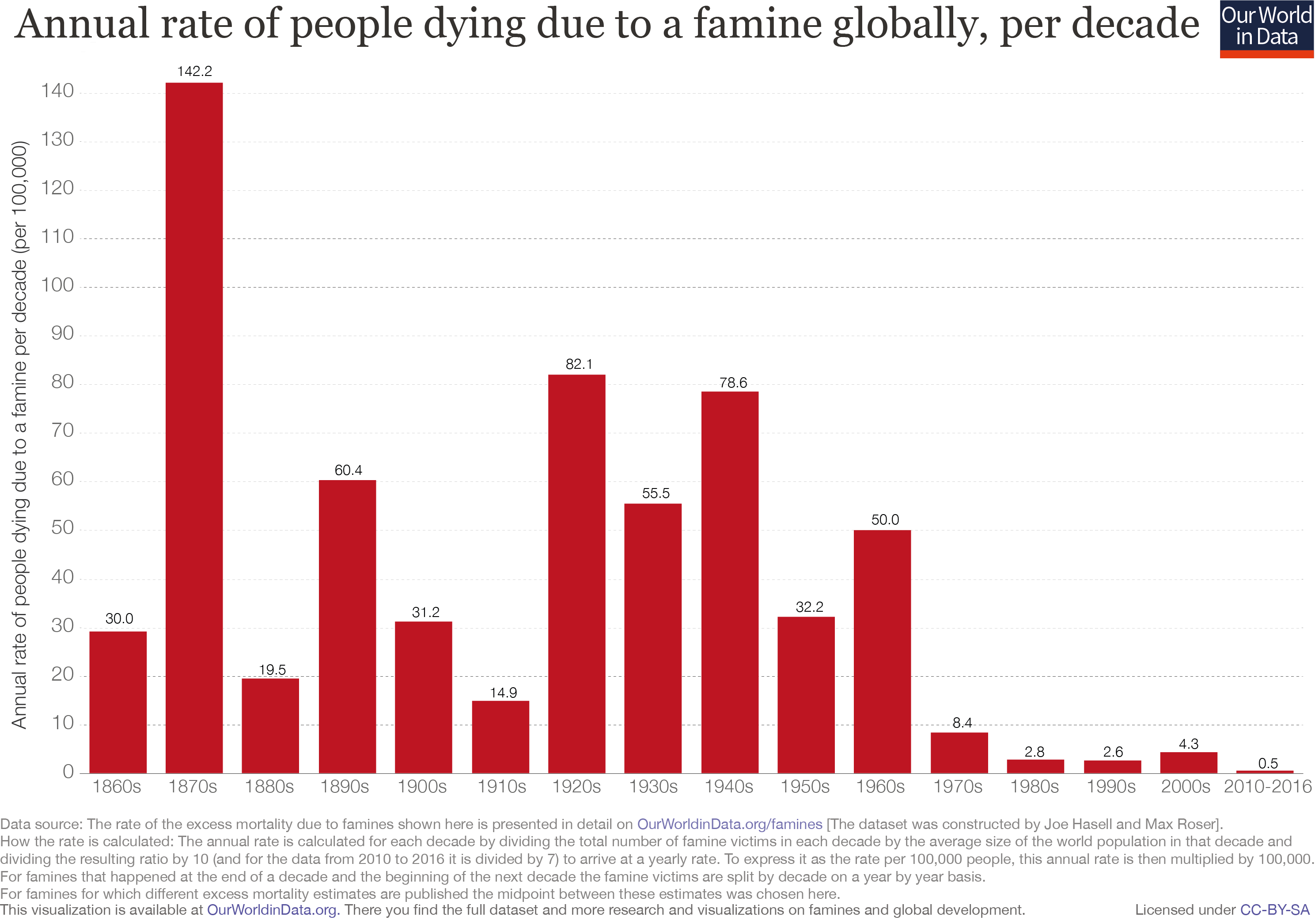
Fifty years later, Paul Ehrlich evaluates himself in his autobiography, Life: A Journey Through Life and Science. In it, he calls himself an "eternal optimist" (I am now preparing a lawsuit for false advertising). He admits that not everything in the book was entirely correct, but above all, that he was way too optimistic in his predictions (I am also considering suing him for defamation).
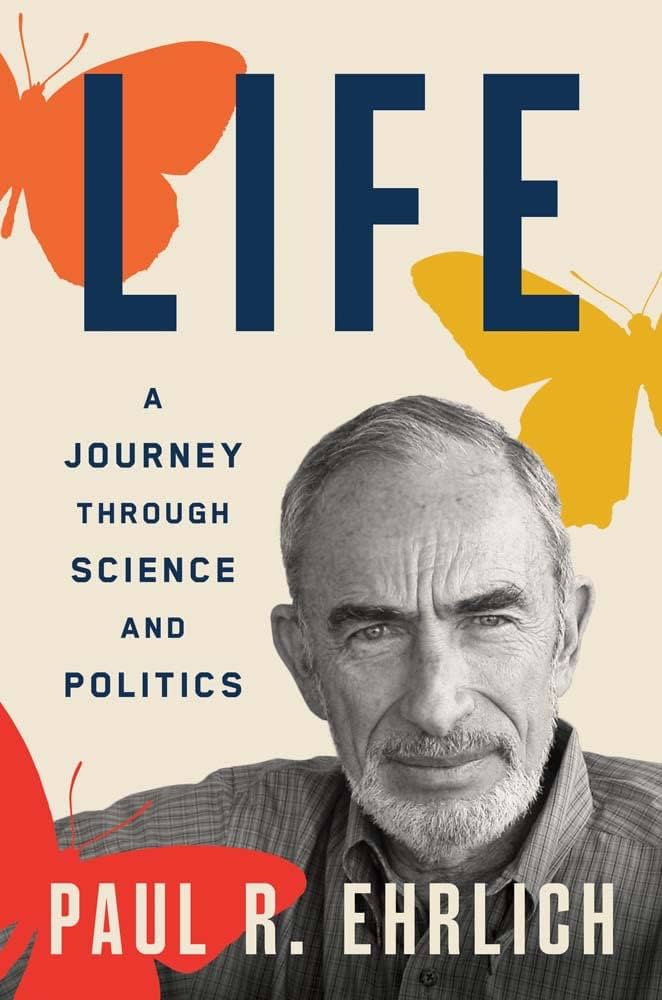
After reading The Population Bomb, Life, and some interviews with him, I believe Ehrlich's incorrect conclusion comes from a crucial mistake. A mistake that I believe is the most common and serious error pessimists make. He sees people as a burden, not an asset. He sees a mouth to feed, not a brain that can produce a world-changing idea and the tenacity to realize it. We have a certain amount of food, if the population increases, the food will run out. It's not that he is misanthropic (and I by no means want to demonize Paul Ehrlich); he just grossly underestimates what people can achieve. On the margin, we could increase the amount of food, but not nearly enough, and therefore he believed hundreds of millions would starve to death.
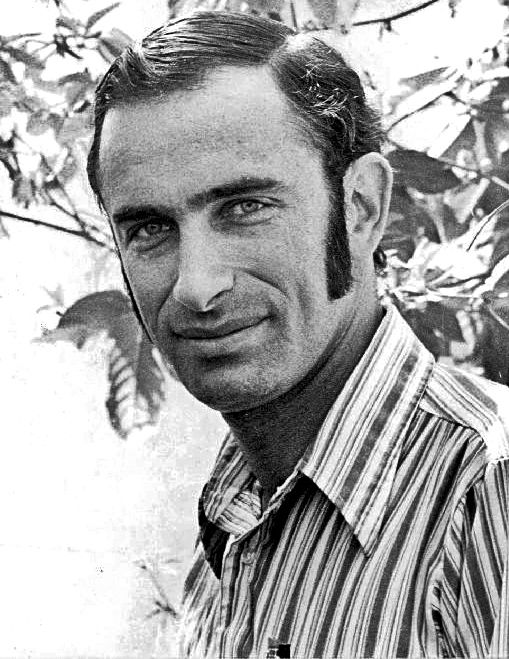
When Ehrlich was preaching doom at the end of the 1960s, just such a world-changing development was underway.
The Green Revolution
Norman Borlaug's idea was that it would be possible to develop much more resistant crops that yielded larger harvests and could feed more mouths.
Borlaug was not only imaginative, he was persistent too. Under extremely tough conditions in Mexico, he experimented relentlessly for 15 years before his work bore fruit. A plant with a thicker and shorter stalk, resistant to diseases, wind, and insects, and which yielded much larger harvests. From 340 kilos to 1100 kilos per acre, an increase of just over 220 percent.

Borlaug's work, and he himself, spread to India, Bangladesh, and several parts of the world. An American aid worker called this the Green Revolution, and the name has stuck.
In 1970, two years after The Population Bomb, Norman Borlaug was awarded the Nobel Peace Prize. Many argue that the Green Revolution helped to save the lives of a billion people.
Blind pessimism
Had Paul Ehrlich completely missed the Green Revolution, therefore believing in mass death? No, he even mentions it in The Population Bomb, but only briefly as "more efficient agriculture."
But his fundamental error – the inability to understand humanity's capacity – plays out here. At best, more efficient agriculture could slightly mitigate the disaster. If you combine an overly negative view of the current situation with an inability to understand humanity's capacity for progress, you can end up as far off as Ehrlich. That, more than anything else, makes pessimists naive.
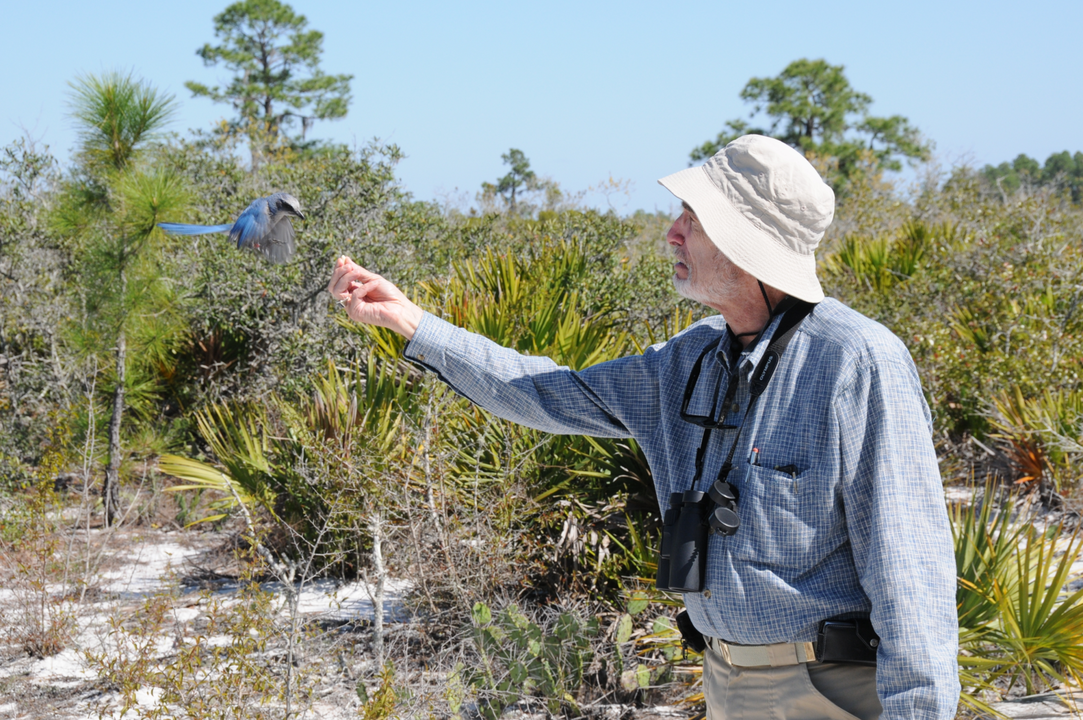
The tragic part is that he hasn't learned. Not one bit. Life is based on exactly the same philosophy. Overpopulation is still a problem, not because people will starve to death, but because it leads to climate change and other environmental issues. His solution is also the same. We should go backward, become fewer, do less.
Despite the fact that progress proved his world-famous prediction dramatically wrong, he still believes that humanity is a bomb.
It's not. Living in freedom, exchanging ideas, and trying new things is a recipe for progress. Then we can solve problems like people starving to death, or having a society built on fossil emissions that create environmental and climate problems.
Humanity is not a bomb. We are a rocket.
Mathias Sundin
The Angry Optimist
I have written before about Norman Borlaug and Paul Ehrlich's predecessor, William Vogt.

In Anders Bolling's extensive examination of the sixth mass extinction, he interviewed Paul Ehrlich and calls him "the world's most cheerful pessimist."

By becoming a premium supporter, you help in the creation and sharing of fact-based optimistic news all over the world.



